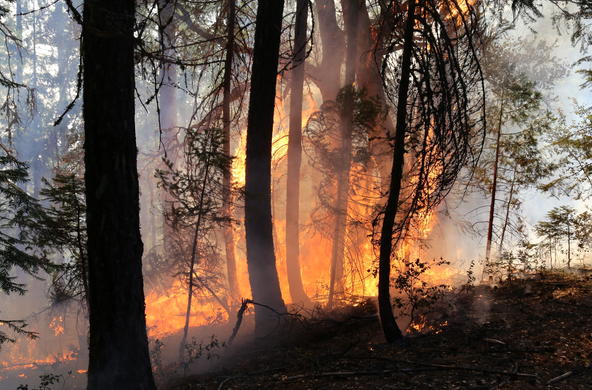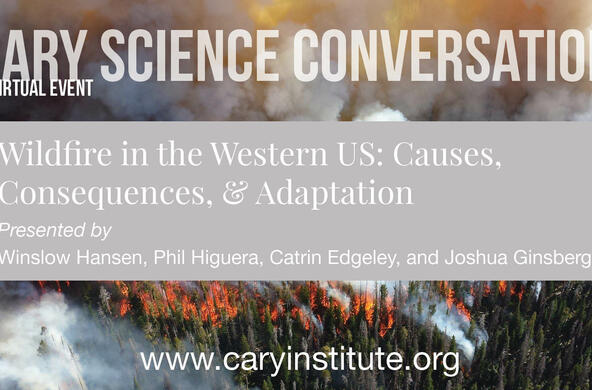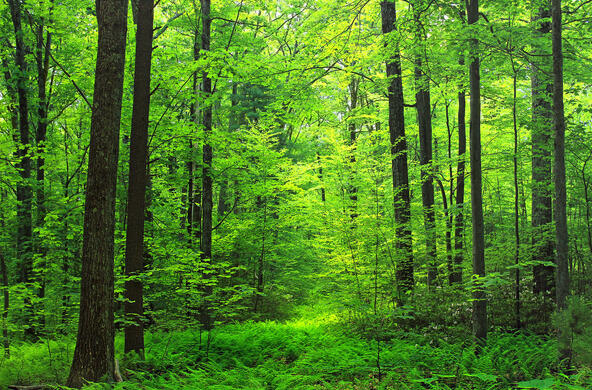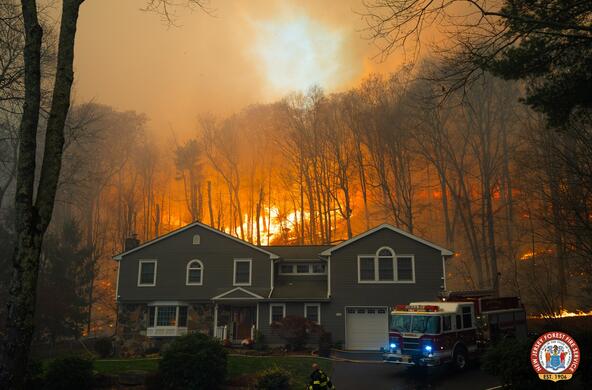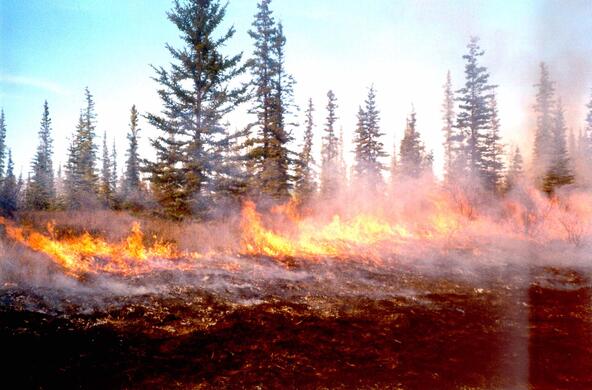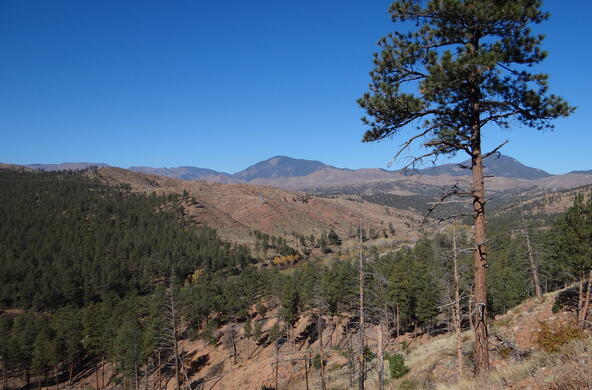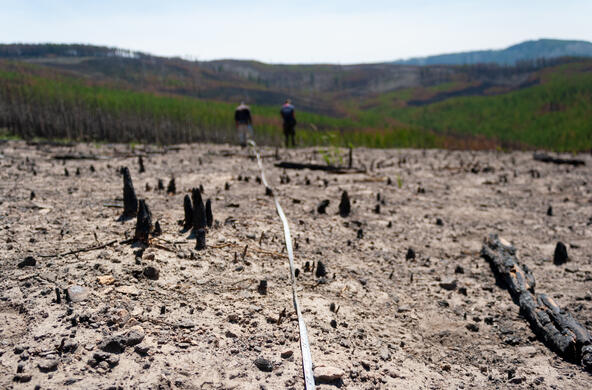
- Profile
- Videos & Podcasts
- Publications
- People
Forests influence climate and sustain life globally. Trees sequester carbon emissions that cause climate warming, support much of the planet’s biodiversity, and provide essential services such as fuel, food, and clean water and air. Due to climate change, increasing disturbances, and deforestation, many forests are threatened. Winslow Hansen works to understand where and why forests are at risk, and how we can avoid catastrophic losses.
Hansen uses experiments and field observation to reveal how forests are responding to environmental change. He is also developing novel techniques that integrate remote sensing and computer simulations to model forest response – scaling from individual trees up to entire biomes. Together, these complementary approaches paint a picture of current and future forest health across backyards, watersheds, and the planet.
This science is relevant to managers and policy makers tasked with stewarding forests during a time of profound change. Hansen often brings stakeholders into his research process so that results are immediately injected into decision making. For instance, Hansen worked with managers at Grand Teton National Park to evaluate whether different management strategies might reduce wildfire risk to people and help conserve some of America’s last remaining wildlands. Hansen is building on this work to determine where people and forests may be most threatened by fires across the western United States, including California.

Dr. Jazlynn Hall - Research Associate
Jazlynn is a forest and landscape ecologist at the Cary Institute of Ecosystem Studies. She studies how disturbances like fire and deforestation influence forest carbon sequestration in the western United States and seeks to identify management solutions for maximizing ecosystem services in current and future forest systems. Before her appointment at the Cary Institute, Jazlynn received her PhD in ecology and evolutionary biology from Columbia University. Her dissertation research drew from principles in ecology, hydrology, and geography to determine the effects of forest disturbance from extreme events on carbon sequestration and streamflow in Puerto Rico. She holds a BS in Geography and a BA in Anthropology from the University of Wyoming. Jazlynn is a reading enthusiast, bourgeoning forager and weekend backpacker.

Lora Murphy - Programmer
Lora is a research support professional specializing in data analysis, code writing of all kinds, GIS, and high performance computing applications. In her over 20 years in the field, she has contributed to various projects including the creation of the SORTIE-ND forest model, forecasting climate change effects on forests of the eastern US, modeling light availability in agroforestry applications, and government-sponsored efforts to control forest pathogens in both the US and Canada. She has run code on everything from 10-year-old laptops to national supercomputers.

Dr. Manette Sandor - Research Associate
Manette is a community and quantitative ecologist at the Cary Institute of Ecosystem Studies. Her research is focused on how climate change, management, and feedbacks influence forest and fire dynamics in the western United States. Prior to joining the Cary Institute, Dr. Sandor was a Postdoctoral Fellow at Columbia University as well as a Visiting Scientist at the American Museum of Natural History in the Center for Biodiversity and Conservation. Before that, she was a Postdoctoral Scholar at Landscape Conservation Initiative at Northern Arizona University (now the Center for Adaptable Western Landscapes). Her postdoctoral research had two foci: the socioecological repercussions for changing fire regimes in the Sonoran Desert and anthropogenic impacts on mutualist interactions (seed dispersal and pollination). She received her M.Sc. in plant ecology and Ph.D. in ecology and evolutionary biology from the University of Connecticut.


